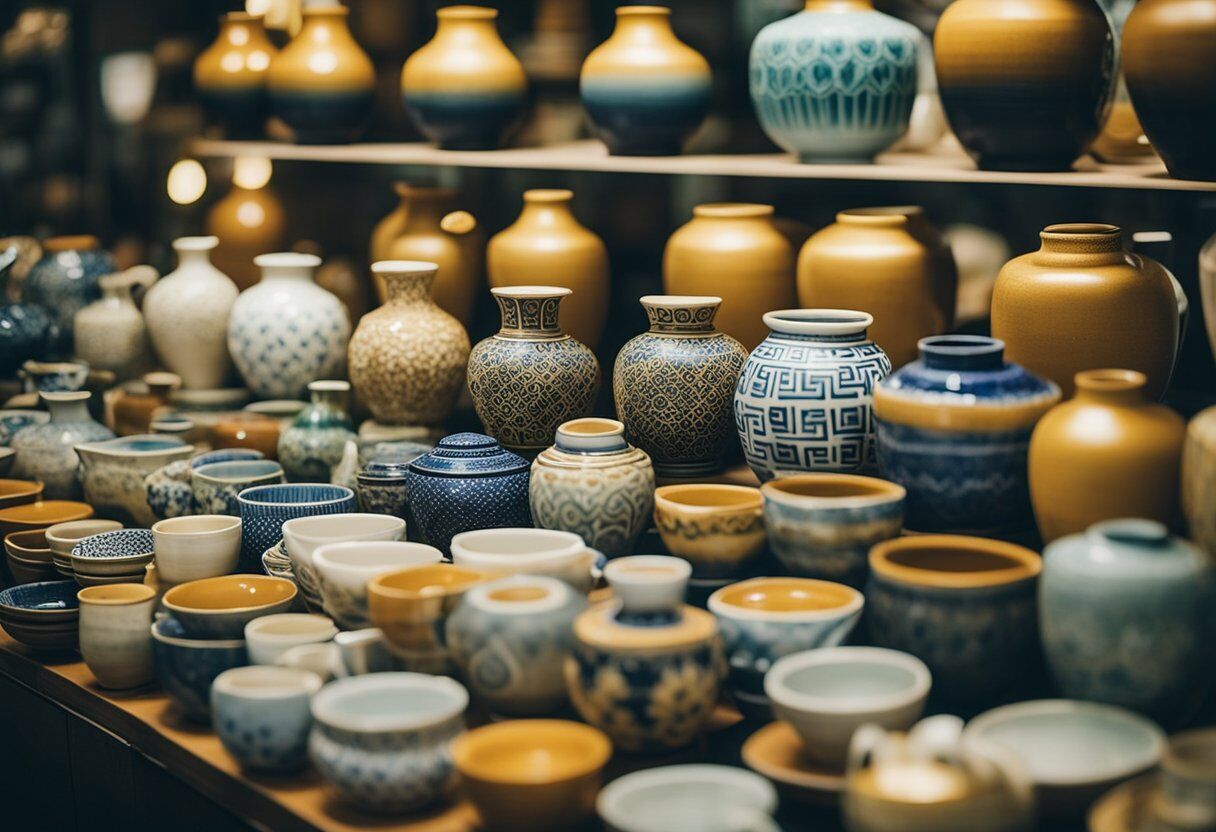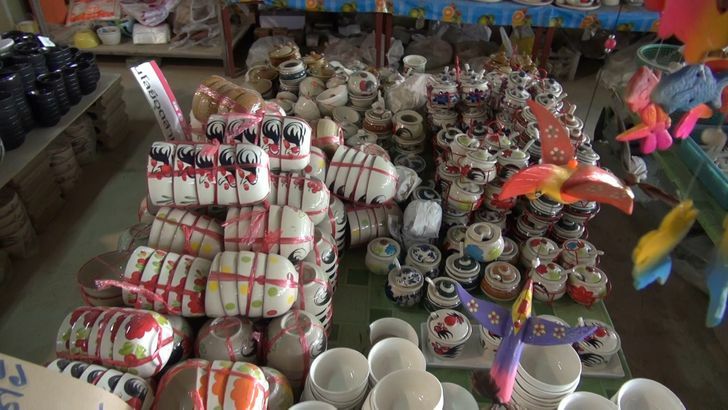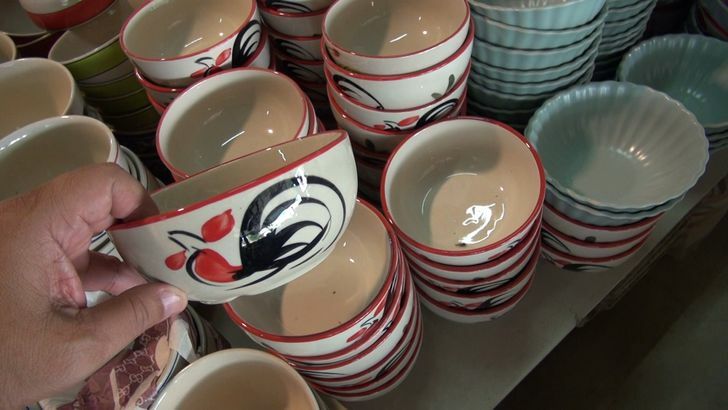Lampang ceramics industry at risk due to cheap Chinese imports

The ceramics industry in Lampang is facing a severe crisis as Chinese ceramic products flood the market at significantly lower prices, causing numerous local factories to shut down. The situation has become dire, with many businesses unable to compete.
Preecha Srimala, President of the Lampang Pottery Association, yesterday, August 13, revealed that local ceramic businesses are experiencing unprecedented hardship.
Even though the industry managed to survive the Covid-19 pandemic, rising costs in labour, transportation, and materials have added to the challenges. Recently, the influx of cheap Chinese ceramics has exacerbated the situation.
These products, sold online at prices as low as 5 baht per item, are undercutting the local market, leading to a wave of factory closures, said Preecha.
“Before the Covid-19 pandemic, we had 328 ceramic factories. A survey conducted at the end of last year found that only 89 factories are still operating. Many have either ceased operations or temporarily halted production, hoping for an economic turnaround. We are now looking to the government for solutions to revive the economy.”
The Lampang Pottery Association president called on the government to take urgent action to protect the local ceramics industry, which has a long-standing history and relies on the high-quality kaolin clay found in Ban Pang Ka, Jaehom District. Without intervention, the unique Lampang ceramics industry could face extinction, said Preecha.

“We are being overwhelmed by external products, especially those from China, which are invading the Thai market. The rooster-branded bowls are a GI (Geographical Indication) product of Lampang, made from local clay and featuring a distinctive rooster, banana tree, and peony design.
“Our production cost is about 20 baht per piece, and some businesses sell at cost or slightly above. However, Chinese products are being sold online for just 5 baht, including delivery. This situation is affecting not only ceramics but also other local handicrafts. The government must urgently address this issue to prevent a chain reaction of economic decline.”
The history of the rooster-branded bowls, a hallmark of Lampang, dates back to the 1950s when Chinese immigrants settled in Lampang and discovered the region’s excellent ceramic clay. The first factory, Ruam Samakkee, was established soon after, following the discovery of kaolin deposits in Jaehom District between 1959 and 1962.
By the mid-1960s, Lampang had become a major production hub for these iconic bowls. However, the industry faced initial struggles due to inconsistent product quality and resource depletion, limiting sales to local markets.
In 1973, the Lampang Pottery Club was founded to standardise prices and prevent undercutting among producers. The club initially had 18 member factories and introduced new technologies, such as switching from wood to LPG gas for fuel, which improved product quality, reduced costs, and mitigated environmental impact. These advancements allowed Lampang Ceramics to expand into international markets.
In 1989, the Lampang Pottery Association was established to coordinate with the government and promote the ceramic industry. The association, in collaboration with the province, organizes the Lampang Ceramic Fair from December 1 to 10 each year. This event attracts both domestic and international tourists, significantly boosting Lampang’s economy with its unique ceramic products.
The current crisis threatens this storied industry, and local producers are urgently seeking government intervention to protect their livelihoods and preserve Lampang’s cultural heritage.

Latest Thailand News
Follow The Thaiger on Google News:


























